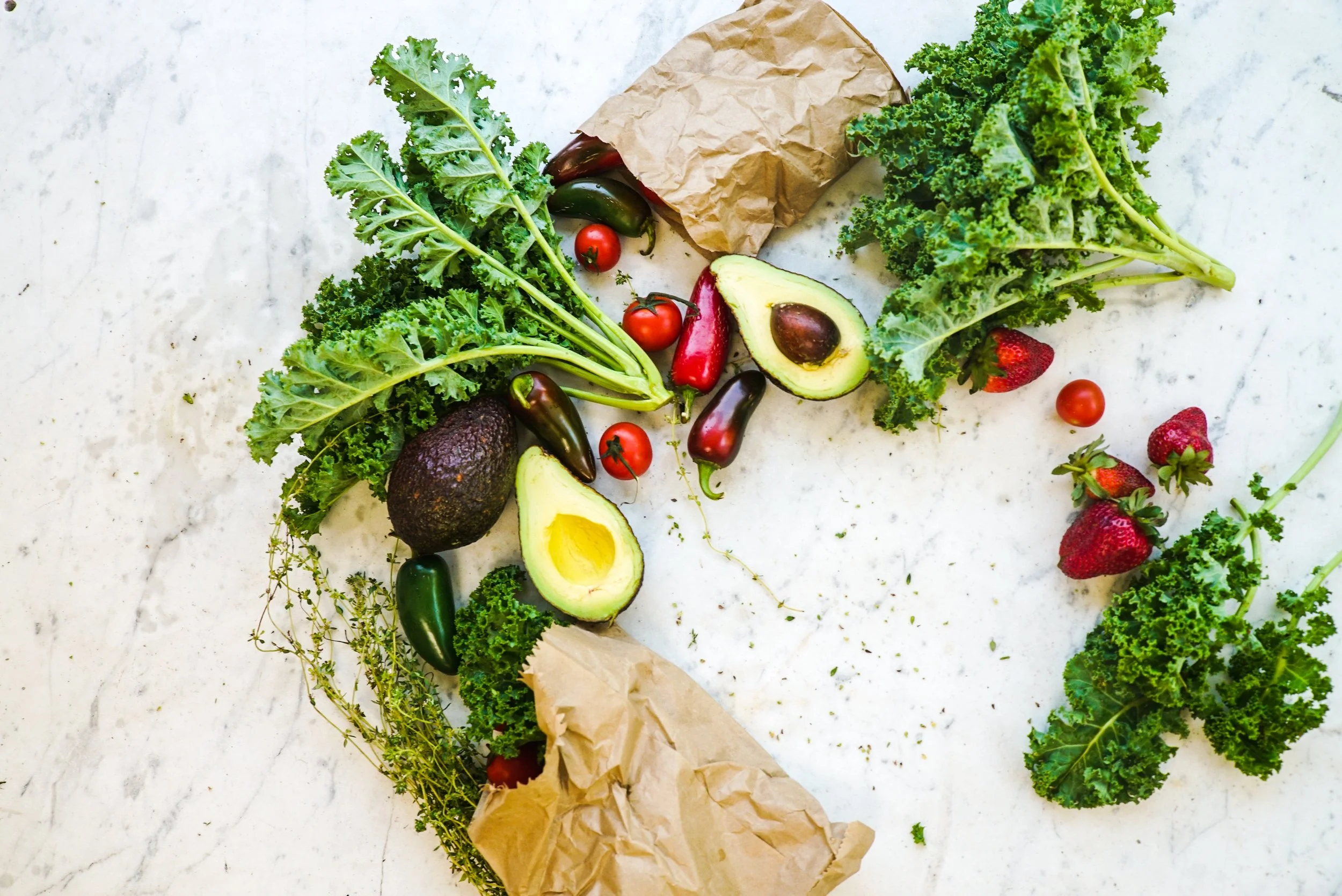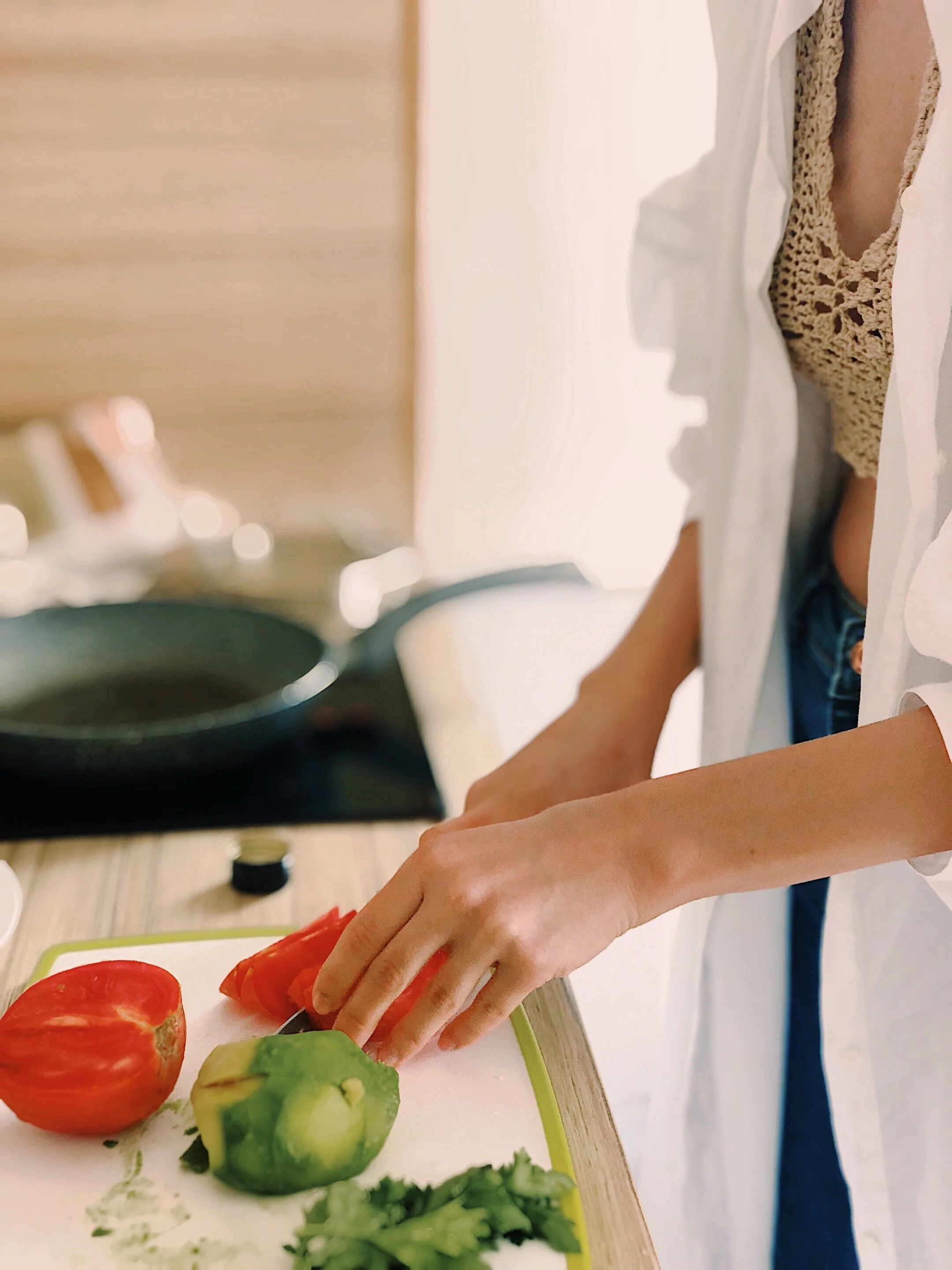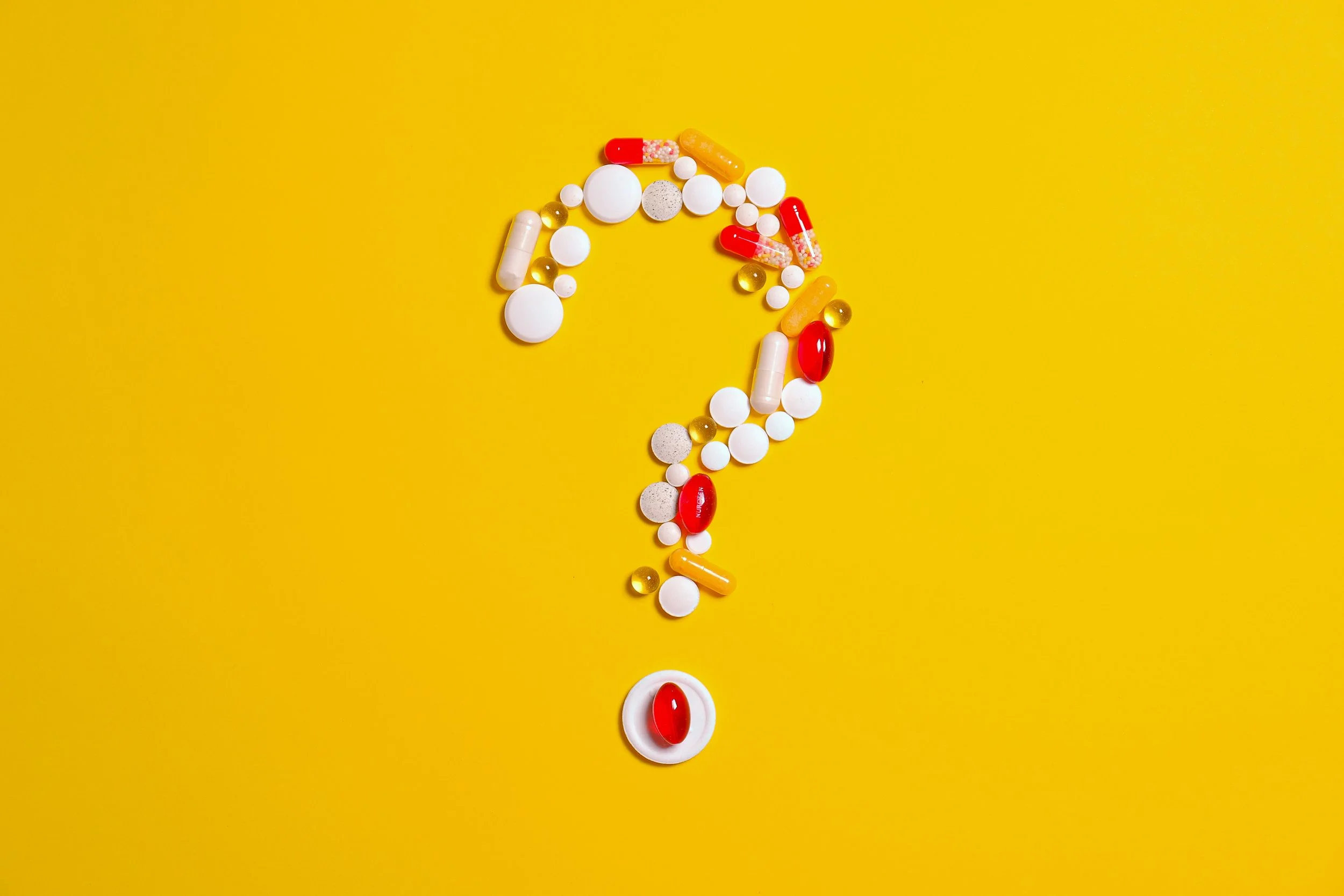Is Your Diet Making You Infertile?
In this post we’ll take a look at how diet has a significant impact on your ability to conceive and carry a pregnancy to full term.
And this isn’t just for the ladies we know that male infertility accounts for 50% of infertility so we’ll be discussing the male contribution in this post also. So let’s dive in!
Did you know that only 34% of Australians are getting their recommended serving of vegetables daily?
What does this mean for fertility and having healthy smart babies?
On a very basic level we know that the building blocks that make up your cells and the fuel that keeps them functioning are found in the foods that you consume.
Eat well and the cells in your body are more likely to function at an optimum level, eat poorly and you can end up having a host of health issues.
While this seems fairly basic there are several factors that need to be considered if you’re struggling to conceive…
Oxidative stress is perhaps one of the biggest!
We’re exposed daily to free radicals, these radicals can cause a fair amount of damage to your cells and your DNA.
Now your baby’s life begins with the DNA from your egg and your sperm cell coming together. If this DNA is damaged from these free radicals it can lead to significant issues with both falling pregnant and maintaining a pregnancy.
It’s important to note here that what you eat can either increase the amount of free radicals in your body or support your body in minimising the amount of damage done by free radicals.
Many of the compounds found in fruits and veggies for example help to neutralise free radicals and therefore help protect your cells from being damaged.
Nutrition & Fertility
Important to note that none of the information here is considered medical or specific, you should get one to one advice as your nutritional requirements change through life.
Did you know that your nutritional requirements are significantly impacted by things like, chronic illness, inflammation, pharmaceutical medications (like the pill and others) and digestive problems which impact your ability to absorb nutrients through the gut to start with.
We know if you’re experiencing a significant amount of stress for example, psychological or physical your will see and increase in your need of certain B vitamins and magnesium.
Stress and low grade inflammation caused by stress leads to oxidative damage as we covered above this is a key factor in falling pregnant and avoiding miscarriage.
Having a diet that’s rich in flavonoids and other anti-oxidants is key in preventing this damage.
In fact research has shown that Co Enzyme Q10 (CoQ10) has an antioxidant quality, and the potential to improve IVF outcomes. It’s found in organ meats, some muscle meats, fatty fish, spinach, cauliflower and broccoli amongst other foods.
If you’re like me and you live in a major city like Sydney then you’re likely to be exposed to all sorts of environmental toxins, including air pollution and chemical exposure from everyday products and plastics.
This unfortunately can mean your need for anti-oxidants is higher again. If you’re struggling with fertility increasing the amount of anti-oxidants in your diet is a great idea…
High Anti-Oxidant Foods For Supporting Fertility
Consider including the following:
Green tea- The research on this is extensive and a good quality green tea should be a staple part of your daily routine. In summer you can have it chilled.
Dark chocolate (free of sugar) Very high in minerals and vitamins
Blueberries & berries in general- We know blueberries in particular slow down the decline in brain function, and have properties that help with healthy gut function.
Goji Berries- Used in traditional Chinese medicine for a reason, these berries are high in vitamins, minerals and antioxidants.
Kale- Very high across the board in many vitamins and antioxidants. A good source of calcium as well.
Beets- Not sure if you’re seeing the colours of the rainbow in this list but variety is key for health and beets are very high anti-oxidants. One study finding a compound in beets reduced inflammation in the body significantly.
These are just some of the foods high in compounds that will improve your fertility.
How many veggies should you eat to optimise fertility?
Please keep in mind this is something that has been researched and is the recommended standard across Australia for what’s considered a ‘healthy’ amount of vegetables for the average adult.
5-6 Serves of vegetables a day and 2-3 serves of fruit per day.
The next question that often leads on from that is… “well how much is one serve?”
A standard serve is 75grams so some examples, each of the following is considered a single serve:
1/2 cup of cooked green or orange vegetables- carrots, spinach etc
1/2 cup of cooked beans, peas of lentils
1 cup of leafy green salad or raw greens
1/2 cup of starchy vegetable like sweet potato
One tomato
And the above would be a baseline, this would be the minimum amount of vegetables you would need to consume to maintain health, and does not include those who might have an increased requirement.
If you have any deficiencies or increased requirements, this amount will likely increase. This is where working with a qualified naturopath or nutritionist who can counsel you through options can make all the difference.
Also important to note that once you fall pregnant requirements change and having clear nutritional testing and guidance is key for ensuring a healthy and clever baby.
Quality of food and fertility
There are several factors to consider when we’re looking at getting adequate nutrients for fertility and creating healthy babies.
The minerals in vegetables comes from the soil they’re grown in, so if the soil is depleted or void of a particular mineral then the food grown in it won’t have the nutrients required.
Some of the nutrients we’re seeing to be an issue in Australia- Selenium (this is a key mineral for both egg and sperm quality) zinc also key for fertility, cobalt, and phosphorous to name a few.
This is why even if your diet is rich in a variety of vegetables you may still need a high quality nutraceutical to help you fill in the gaps. Consider going beyond your generic over the counter multi and these aren’t always the safest and most effective option.
Another thing to keep in mind is the exposure to BPA and phalates that might be found in certain foods, in particular fast food. We know that exposure to these toxins can directly impact your ability to conceive and stay pregnant. You can find out more about these toxins in this post.
Alcohol and fertility
This is one that can often receive a fair amount of resistance. Alcohol consumption in both males and females has been found to have an impact on ability to conceive but was also found to increase the incidence of miscarriage.
Alcohol significantly burdens the liver and directly increases oxidative damage and therefore the damage to egg and sperm DNA, alcohol also directly increases the amount of inflammation in your body.
One study looked at alcohol consumption in both men and women undergoing IVF and found a significant impact on outcomes. With males who consumed a low to moderate amount of alcohol in the month leading up to IVF treatments researchers saw an increase in likelihood of miscarriage.
We know alcohol consumption in women even in the first 3 weeks of pregnancy has negative health outcomes on the baby, including cognitive measures well into the Childs future. Which is why it’s often a standard recommendation in many countries to stop drinking even before you start actively trying to conceive. The risks are just too high.
Supplements for fertility, should you take them?
In this short post I have already supplied you with some key things to consider in terms of dietary changes and how what you eat or don’t eat may impact your fertility.
Unfortunately with advertising we’re now bombarded with promises of the latest pill and magic formula to improve fertility. By the time many couples come into my clinic they’re tired, overwhelmed and desperate and sometimes even resistant to taking supplements or nutraceuticals.
The right nutraceuticals for the right couple can make a huge difference to outcomes. There is plenty of research that has supported the use of several nutraceuticals in helping with both general fertility but also with IVF outcomes.
Simply look at the current state of how we’re living…
We’re under more stress than ever psychological and otherwise,
We’re living in highly polluted environments,
The food were eating is void of certain nutrients,
We’re waiting longer to have children,
When you’re trying to conceive you’re asking some of the smallest most delicate cells of the human body, being the sperm and egg cells to be able to contend with all of these factors and do so in a timely fashion.
As a practitioner who has seen couples go through IVF both before naturopathic support and after, I can tell you that the benefits of tailored and specific supplementation is seen in outcomes and results. So having said all of that how can you improve your chances of falling pregnant? Here’s your checklist!
What can you start doing now to improve your chances?
Increase your intake of fruits and vegetables
Increase your intake of high anti-oxidant foods daily
Eliminate or at the very least reduce alcohol consumption
Have proper in-depth pathology testing to have your nutrient levels checked.
Seek out the support of qualified and experienced naturopaths to help you fill in the gaps with both diet and individualised nutraceuticals.
If you have any questions please fill out the form below, alternatively you can head across to the one to one page to organise an appointment.










